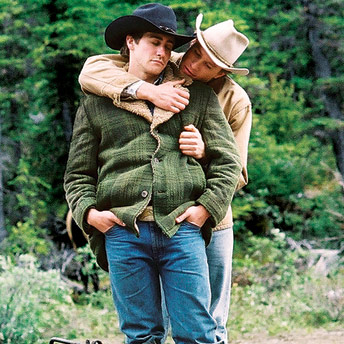What question or set of questions are you finding yourself most interested in, in our ecocritical readings and discussion?
For this assignment, go over your notes and the syllabus, and also look ahead to what's in store to read for the remainder of the semester. Do this to refresh your memory, or anticipate gaps we'll be filling in as a class. From these discussions and past/future readings, what has stood out to you?
In your blog posts due October 10, in lieu of classes, please brainstorm what you might want to write about for your final paper. Try posing a possible research question or two, and include texts from our class that you would like to use to explore your question(s). What are some key terms you'll use to explore further in your research? What is your research "plan of attack"?
Then, do some of that initial canvasing for scholarly articles, popular cultural texts, blogs, etc-- what are others saying about this idea? Get a sense of the current discussion and literature about the idea, and report on it. What are the results of your initial research? Report on this in your blog post.
In sum, your assignment consists of several steps:
1) go over the syllabus and our class notes,
2) brainstorm ideas that stood out to you,
3) compose a possible research question or two,
4) outline a research plan,
5) do just an initial bit of that research, and
6) write about it on the blog.
This is in lieu of classes and readings next week, so it should offer a nice opportunity to take a step back and assess what you've learned, what compels you about the questions of the class, and articulate a plan to give you greater purpose in the class for the rest of the semester. This will be a great way to stake your own claim in the work we're doing.
We'll be writing paper proposals with the results of this work, so consider this just the beginning...
 |
| Take a step back and survey the "landscape" of ecocriticism. What do YOU see? |






